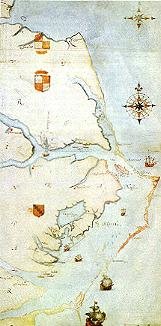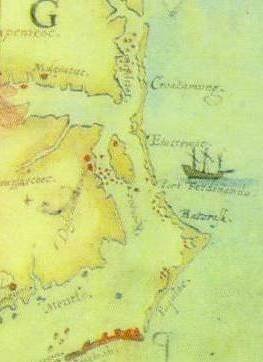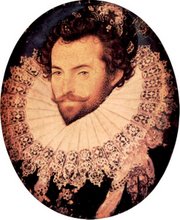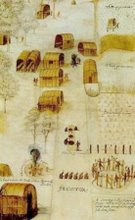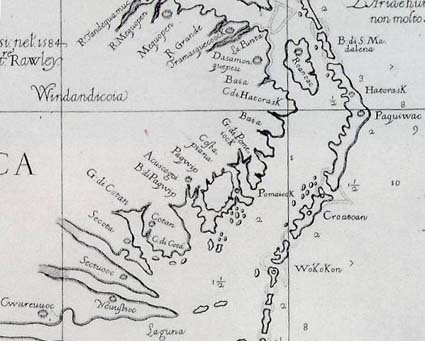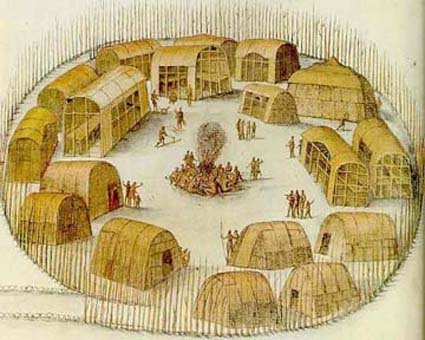
A laboratory technician
prepares samples for
DNA testing
Millions of people around the world can trace their ancestry back several generations or more through oral history, family documents or government records of such events as marriages and births. In the United States, genealogy has become a popular pursuit especially for descendants of immigrants who are interested in knowing where their forefathers originated. These genealogical researchers are being aided these days by DNA tests that can sometimes help them bridge gaps left in the paper trail. Sometimes these tests can lead to surprises.
Roberta Estes has a long list of European family surnames that she has encountered in her search through family records and public documents.
But through DNA testing she found out that she also has genetic links to sub-Saharan Africa and Native American Indians, bringing her closer to others who descend from those lines.
One of Roberta's lines has the surname Younger and many people with this name assume that they are related to the infamous 19th century Missouri outlaw band led by Cole Younger. But Roberta says DNA tests have shown not all Youngers are related.
Pointing to her research Roberta says, "There is the Cole Younger and the Younger gang line and then there is another line, even though they both come out of Virginia and Maryland at about the same time, but the DNA has proven that they are two distinct and separate lines."
DNA tests are most useful in determining genetic links between people who may have little documentation or oral history to guide them. Adrian Williams leads a group of people with the surname Williams, the third most common surname in the United States. There are many branches of the Williams line that may not be related to one another. But Adrian says a DNA test has helped him find connections with others who share his surname.



